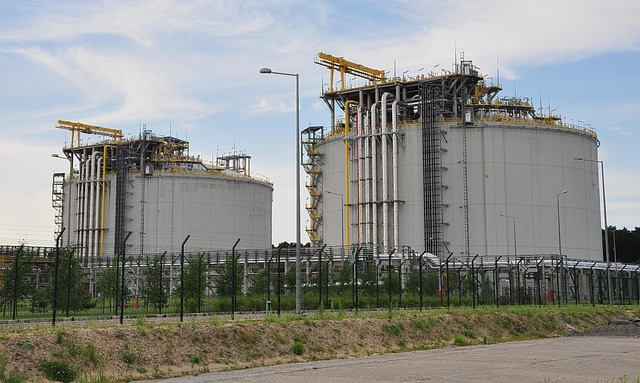
Fostering Innovation: The Crucial Role of Organizational Learning in Science, Technology, and Workplace Culture
In the fast-paced landscapes of science and technology, the concept of organizational learning emerges as a pivotal factor in fostering innovation. As organizations strive to remain relevant and competitive, the continuous acquisition of knowledge and the ability to adapt become not just advantageous but essential.
In scientific fields, the culture of organizational learning promotes collaboration and shared knowledge among researchers. This exchange is critical, as the complexities of modern science require interdisciplinary approaches. When scientists are encouraged to learn from one another, the potential for groundbreaking discoveries increases exponentially. Laboratories that cultivate an environment where questions are welcomed, mistakes are viewed as learning opportunities, and successes are celebrated tend to lead the charge in innovation.
Similarly, in the tech industry, rapid changes and disruptive innovations necessitate a learning-oriented mindset. Companies that emphasize organizational learning empower their employees to experiment with new tools and methods without the fear of negative repercussions. This culture not only enhances employee satisfaction but also drives creativity. When workers feel supported in their learning journeys, they bring fresh perspectives that can catalyze technological advancements.
Moreover, workplace culture plays a fundamental role in fostering an atmosphere of organizational learning. A supportive culture encourages open dialogue, nurtures curiosity, and values diverse ideas. Companies like Google and Microsoft exemplify this with their investment in training programs and innovation hubs, allowing employees to explore and expand their skillsets at every turn. When employees are engaged in their learning, they contribute more effectively to the organization’s vision, fueling further innovation.
Incorporating organizational learning into the organizational fabric requires commitment from leadership to create policies and practices that emphasize continuous improvement. Workshops, feedback mechanisms, and mentorship programs are essential tools that can facilitate this learning process. The result is not just a more knowledgeable workforce but a dynamic environment where innovation is the norm.
In the convergence of science and technology, the value of organizational learning cannot be overstated. It acts as a catalyst for innovation, ensuring that organizations not only keep pace with change but also lead the way into the future. As businesses continue to navigate the complexities of modern industries, fostering a culture of learning will be the beacon guiding them toward sustainable success.



